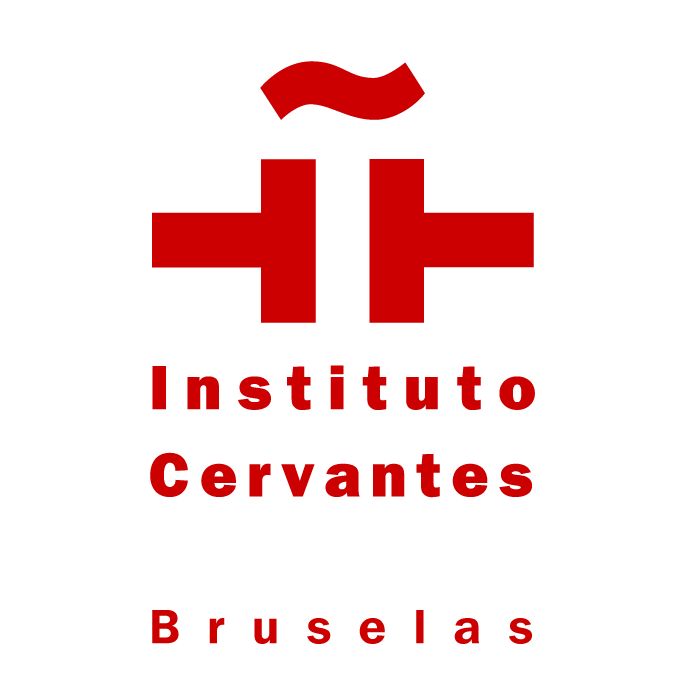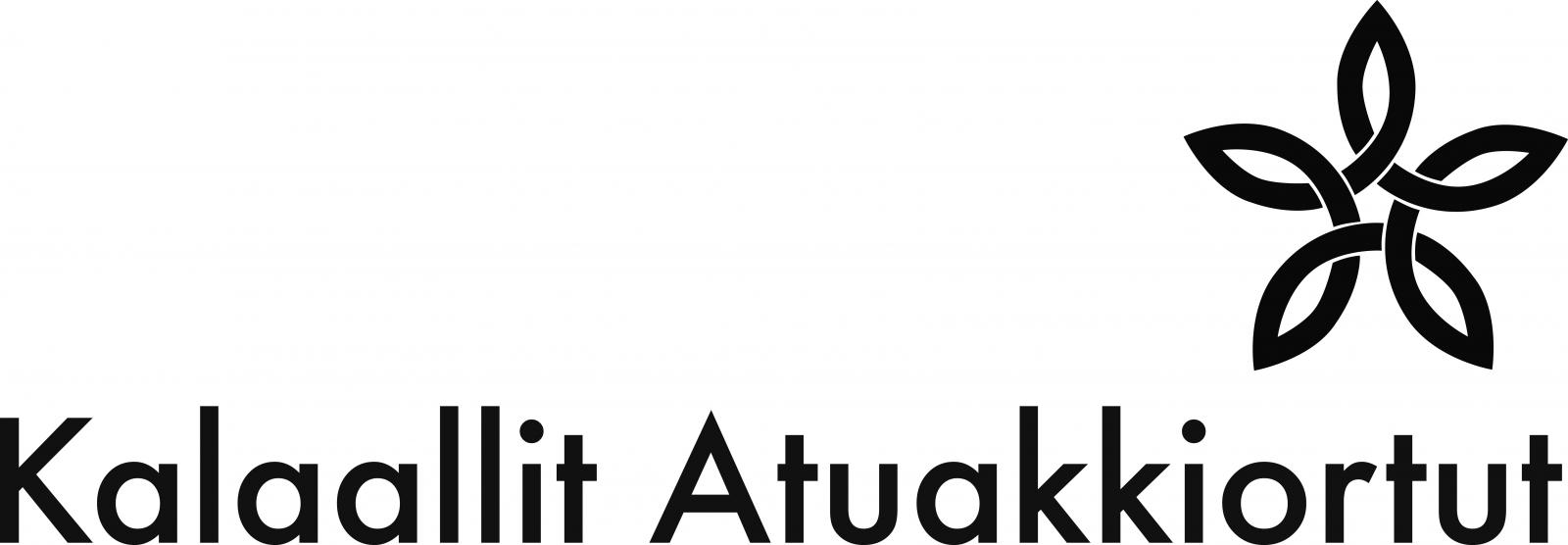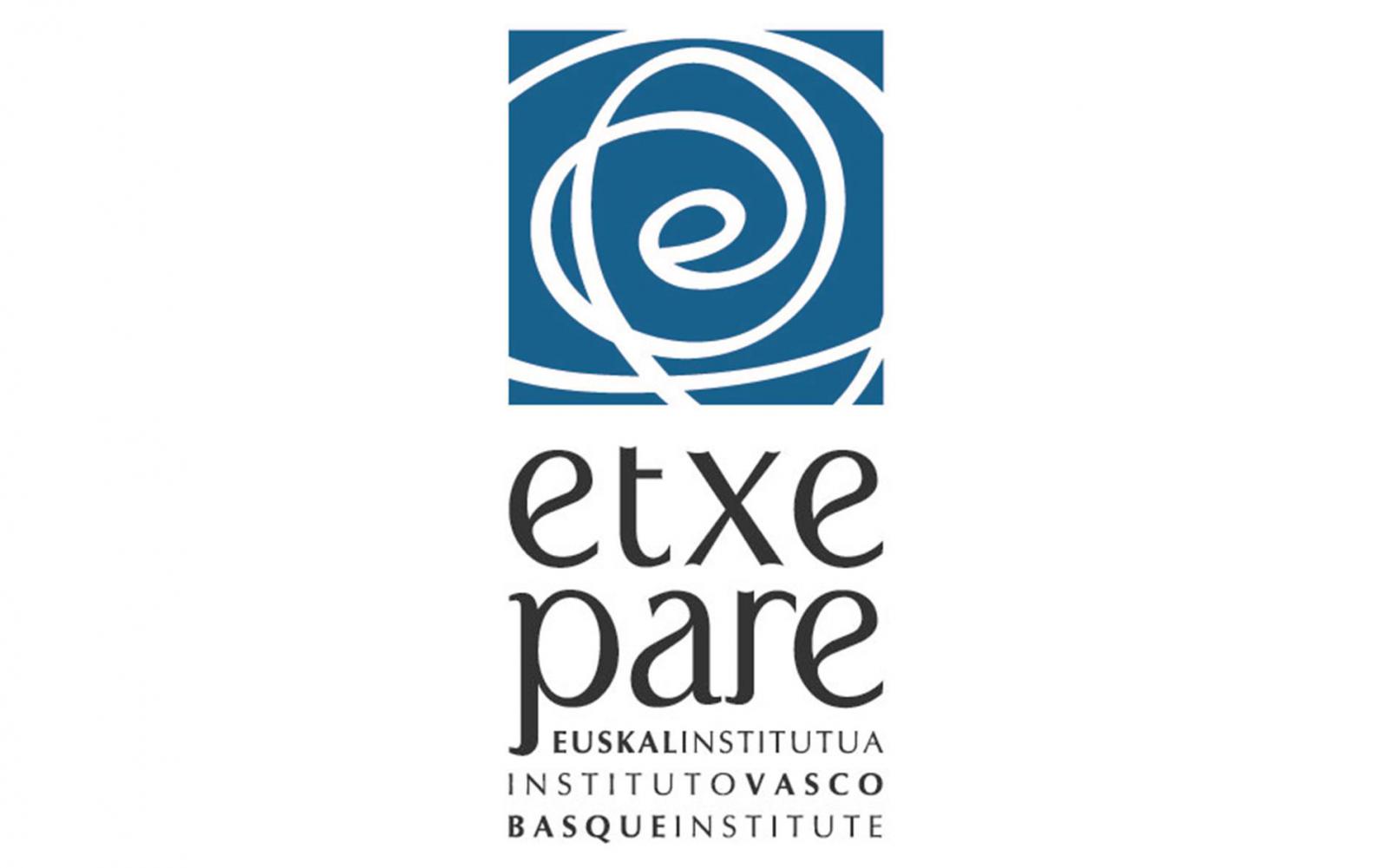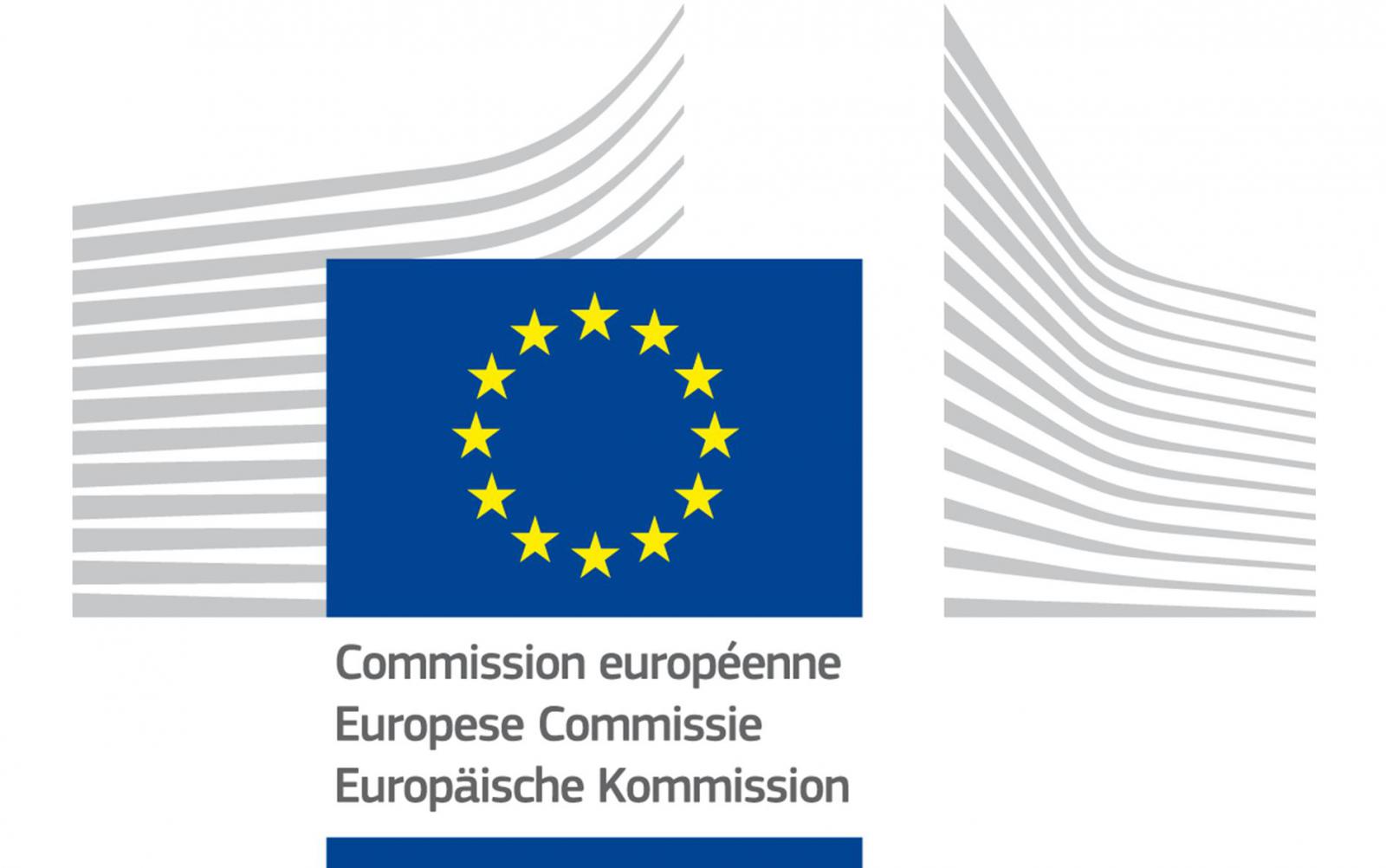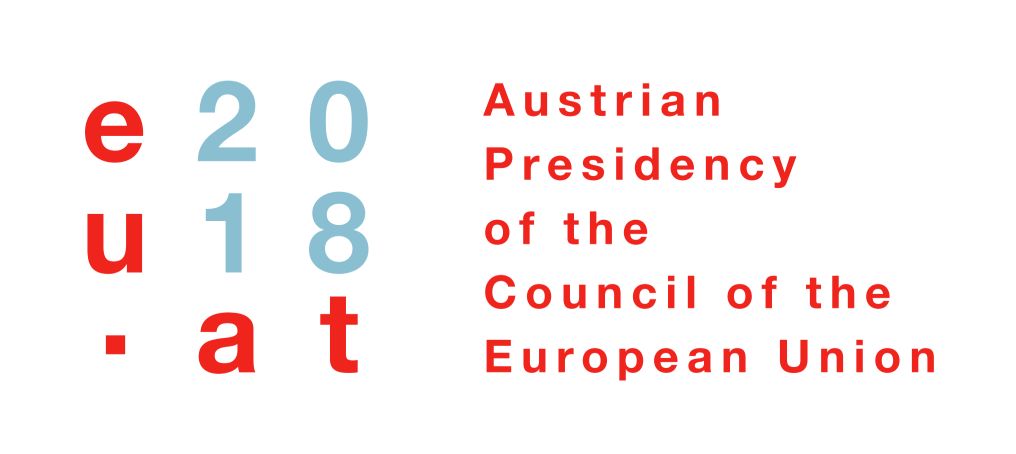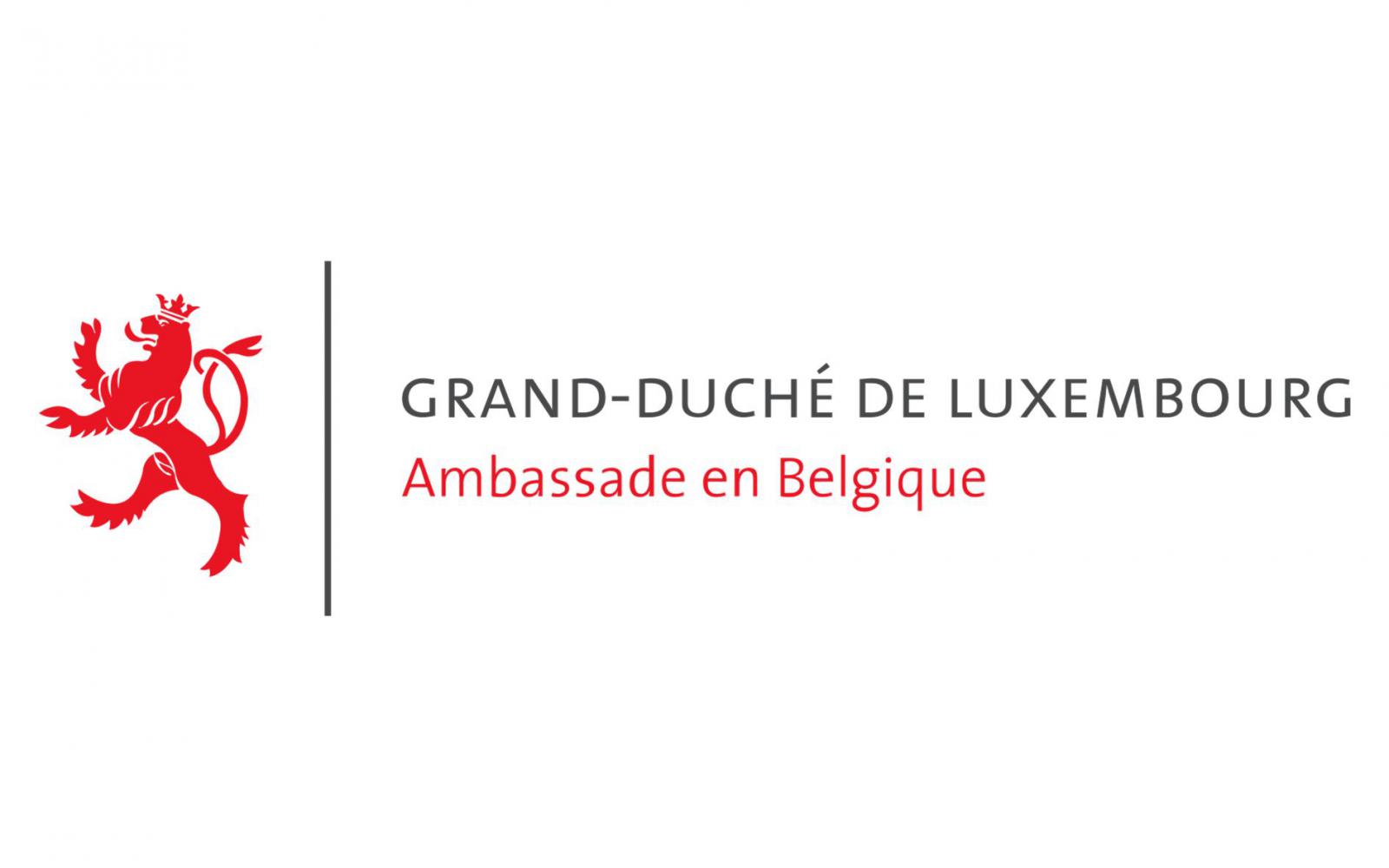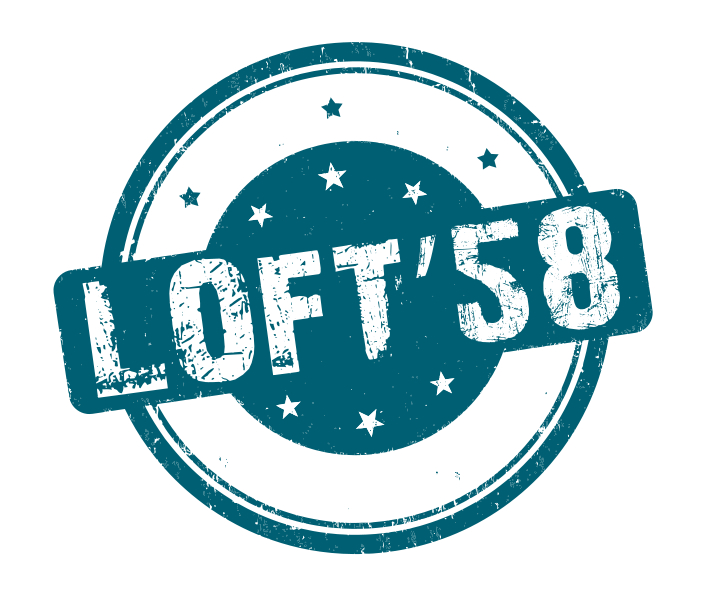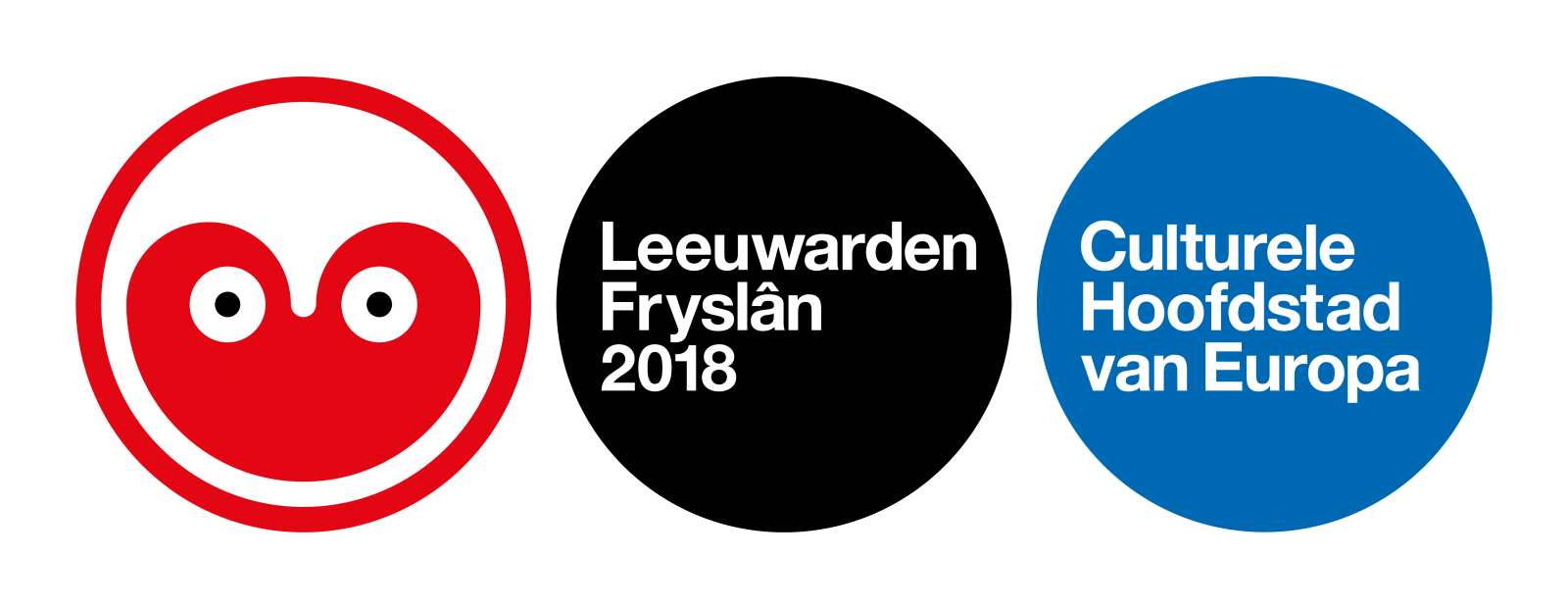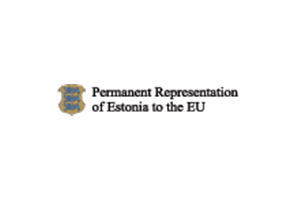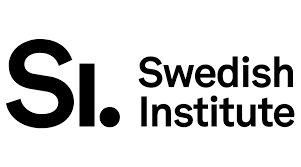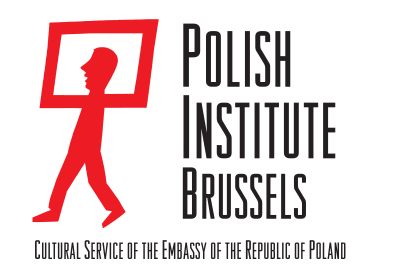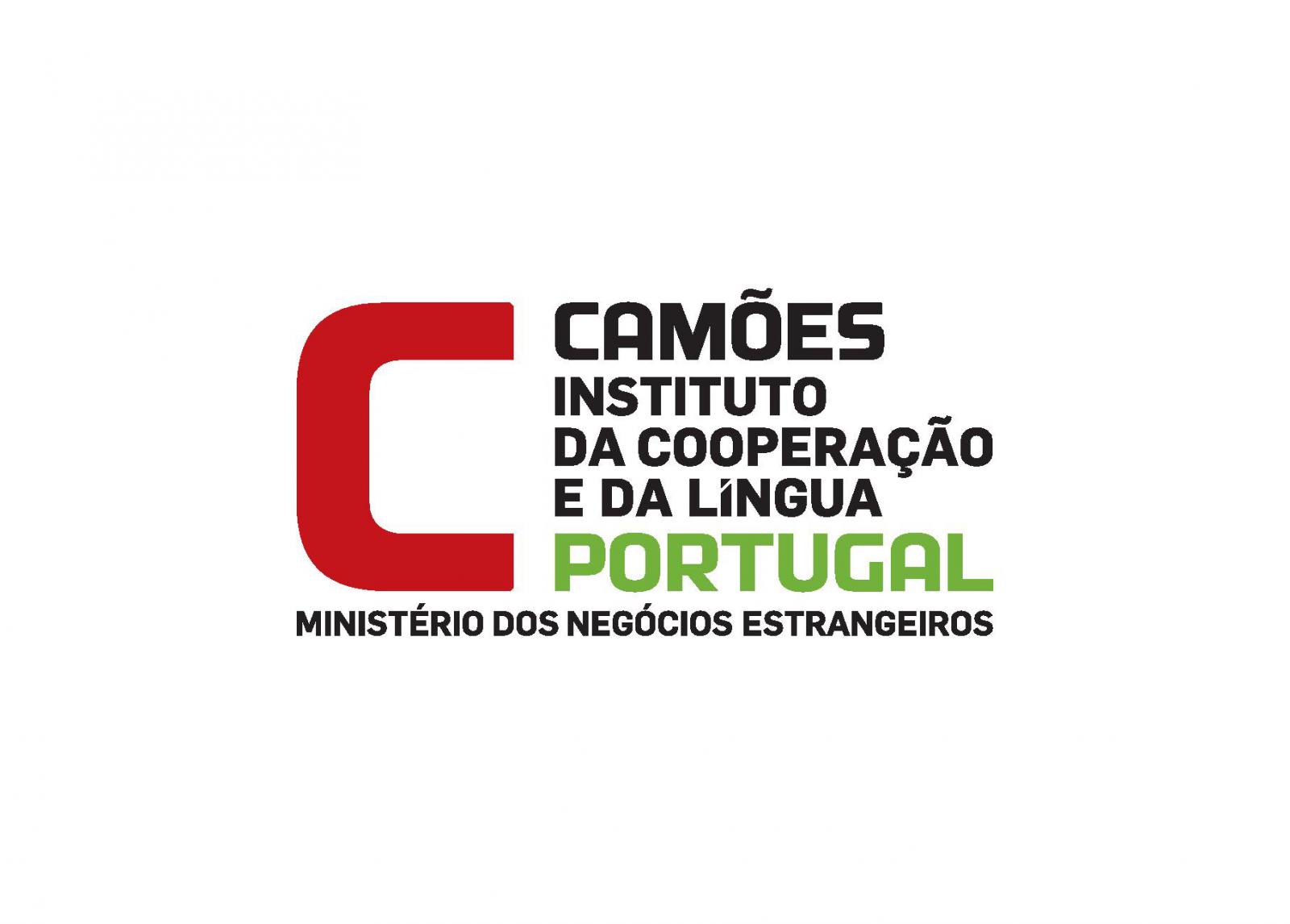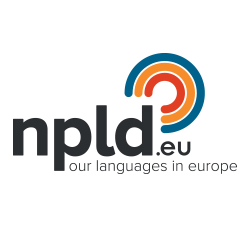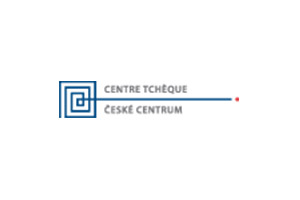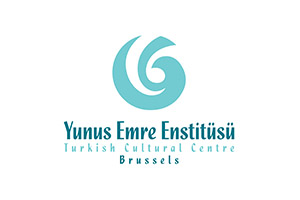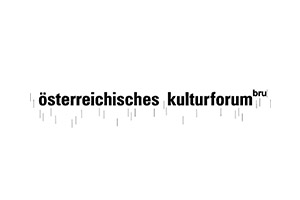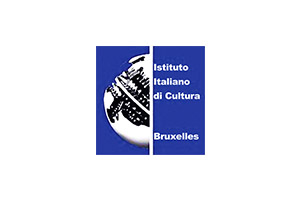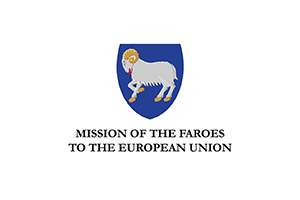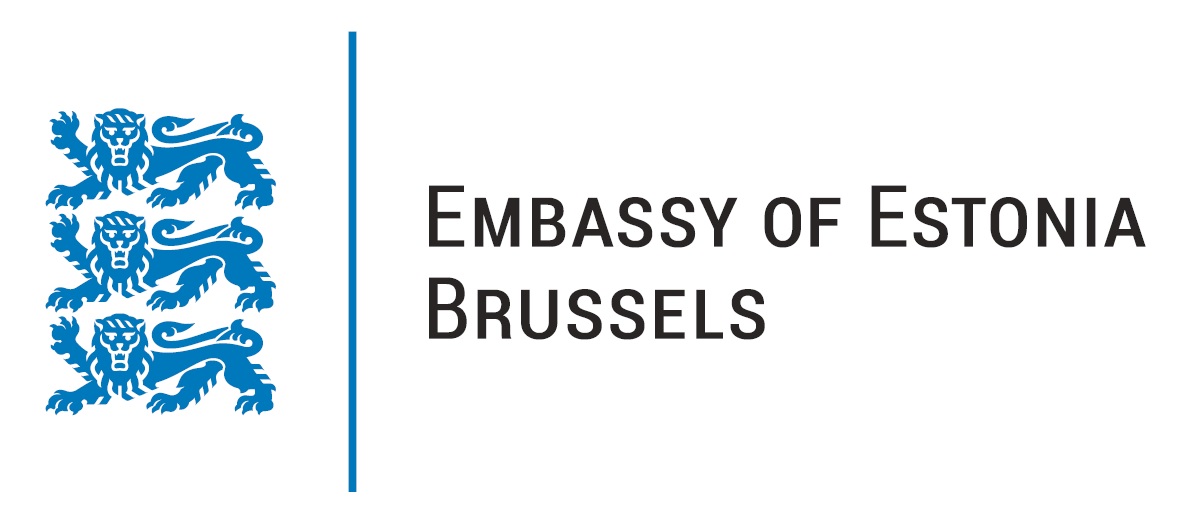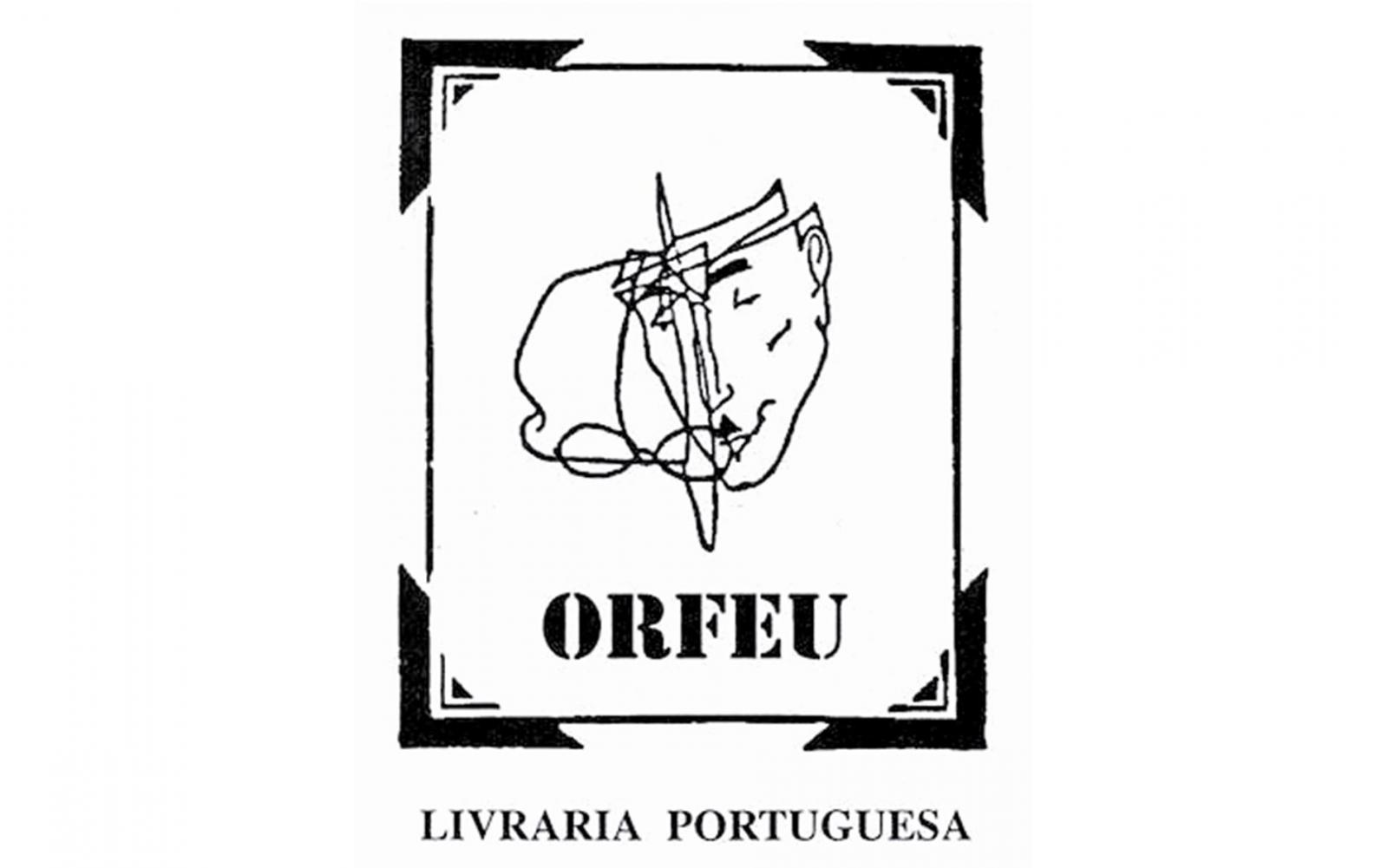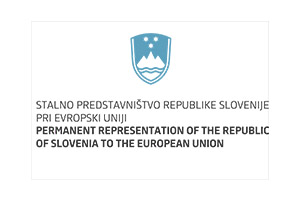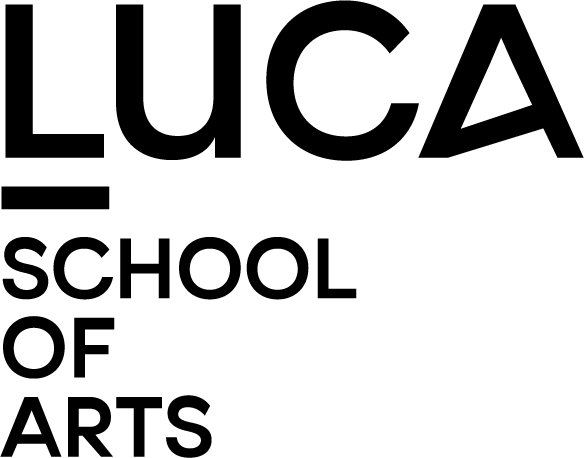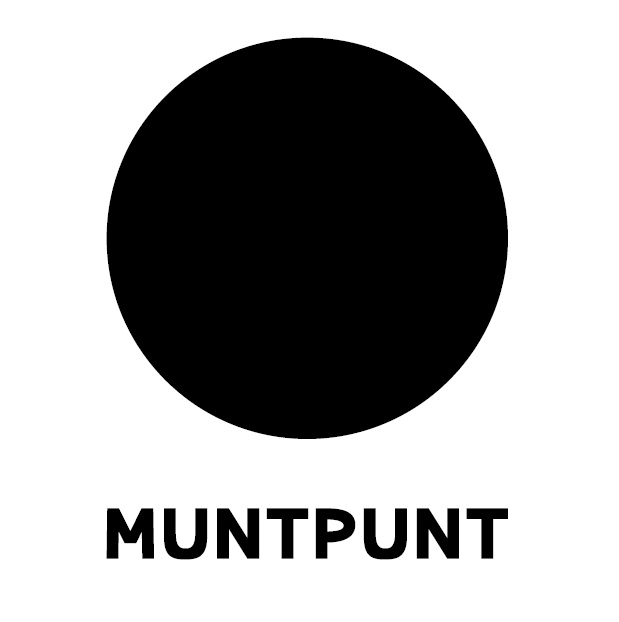Find a poem
Latest updates
-
TRANSPOESIE 2025
09/24/2025 -
Transpoesie 2025 - Programme
09/24/2025 -
Transpoesie 2025 - Open Call
04/16/2025
»Tisti dan mu je bila duša žalostna …«
»Tisti dan mu je bila duša žalostna …«
Tisti dan mu je bila duša žalostna
do smrti (iti na goro, zaklati Izaka itd.).
Taval je po ulicah, potrt, upal na spremembo
plana. Dolgo je taval: nič.
Šel je torej na goro, zaklal Izaka itd.
Ko je sestopil, je ljudstvo plesalo
okoli zlatega živinčeta. On pa je v rokah nosil
kamniti tabli. Vrgel ju je v malika, nastal je kažin.
Na tablah je pisalo: Plodite se in množite,
napolnite vse kotičke zemlje. Prosto si
izbirajte vero in državno ureditev. Ljubite
se med seboj, a levega lica ne nastavljajte prepogosto.
To zgodbo mi je nekoč pripovedoval Rupert.
Kje se je torej zalomilo, sem ga hotela
vprašati (peta? prva? kje drugje?).
A ga nisem, zaradi rešpekta.
Stanka Hrastelj - »Tisti dan mu je bila duša žalostna …« from Transpoesie on Vimeo.
»On that day, he was so sad …«
On that day, he was so sad
He felt as if he was dying (climb the mount, slaughter Isaac, etc.).
Dejectedly he wandered the streets, hoping for a change
Of plans. Long he wandered: nothing.
So he climbed the mount, slaughtered Isaac, etc.
As he descended, his people danced
Around the golden heifer. And in his hands he carried
Two stone tablets. He threw them at the idol and hell broke loose.
The tablets said: Be fruitful and multiply,
And fill the Earth. Choose your
Faith and form of government freely. Love
Each other, but don’t be too eager to turn the other cheek.
This is a story that Rupert once told me.
So where did it all go wrong, I wanted
To ask (the fifth? the first? elsewhere?).
But I didn’t, out of respect I didn’t.
Translation: Jernej Županič
Stanka Hrastelj - »Tisti dan mu je bila duša žalostna …« from Transpoesie on Vimeo.
«Ce jour-là, son âme était triste … »
Ce jour-là, son âme était triste
à mort (aller à la montagne, abattre Isaac, etc.).
Il errait dans les rues, accablé, espérait un changement
de plan. Il a longtemps erré : rien.
Il est donc allé au pied de la montagne, a abattu Isaac, etc.
Lorsqu’il est descendu, le peuple dansait
autour de la pauvre bête d’or. Or lui, il portait dans les mains
deux tables en pierre. Il les a jetées vers l’idole et tout un bordel s’en est ensuivi.
Sur les tables il était écrit : Soyez féconds, multipliez,
remplissez la terre. Choisissez
librement votre foi et l’organisation de votre État. Aimez-vous
les uns les autres, mais ne tendez pas la joue droite trop souvent.
C’est l’histoire que Rupert m’a racontée un jour.
Alors, quand est-ce que les choses ont dégénéré, voulais-je lui
demander (avec le cinquième commandement ? le premier ? à un autre moment ?).
Mais je ne l’ai pas fait, par respect.
Traduction : Barbara Pogačnik
Stanka Hrastelj - »Tisti dan mu je bila duša žalostna …« from Transpoesie on Vimeo.
»Die dag was zijn ziel geheel bedroefd …«
Die dag was zijn ziel geheel bedroefd
tot de dood aan toe (naar de berg gaan, Isaac slachten, enz.)
Hij zwierf door de straten, zwaarmoedig, in de hoop op verandering
van plan. Hij zwierf lang: niets.
Dus ging hij de berg op, slachte Isaac, enz.
Toen hij daalde, dansten de mensen
rond het gouden beest. En hij droeg twee
stenen tafelen. Hij gooide ze naar de afgod, er ontstond herrie.
Op de tafelen stond geschreven: Zijt vruchtbaar, en vermenigvuldigt,
vervult de aarde. Kies vrij uw
geloof en vorm van overheid. Heb elkander
lief, maar keer uw linker wang niet te vaak toe.
Dit verhaal heeft Rupert mij ooit verteld.
Dus, waar ging het mis, wilde ik
vragen (bij de vijfde? bij de eerste? elders?).
Maar dat deed ik niet, uit respect.
Vertaling: Mateja Seliškar Kenda
Stanka Hrastelj - »Tisti dan mu je bila duša žalostna …« from Transpoesie on Vimeo.

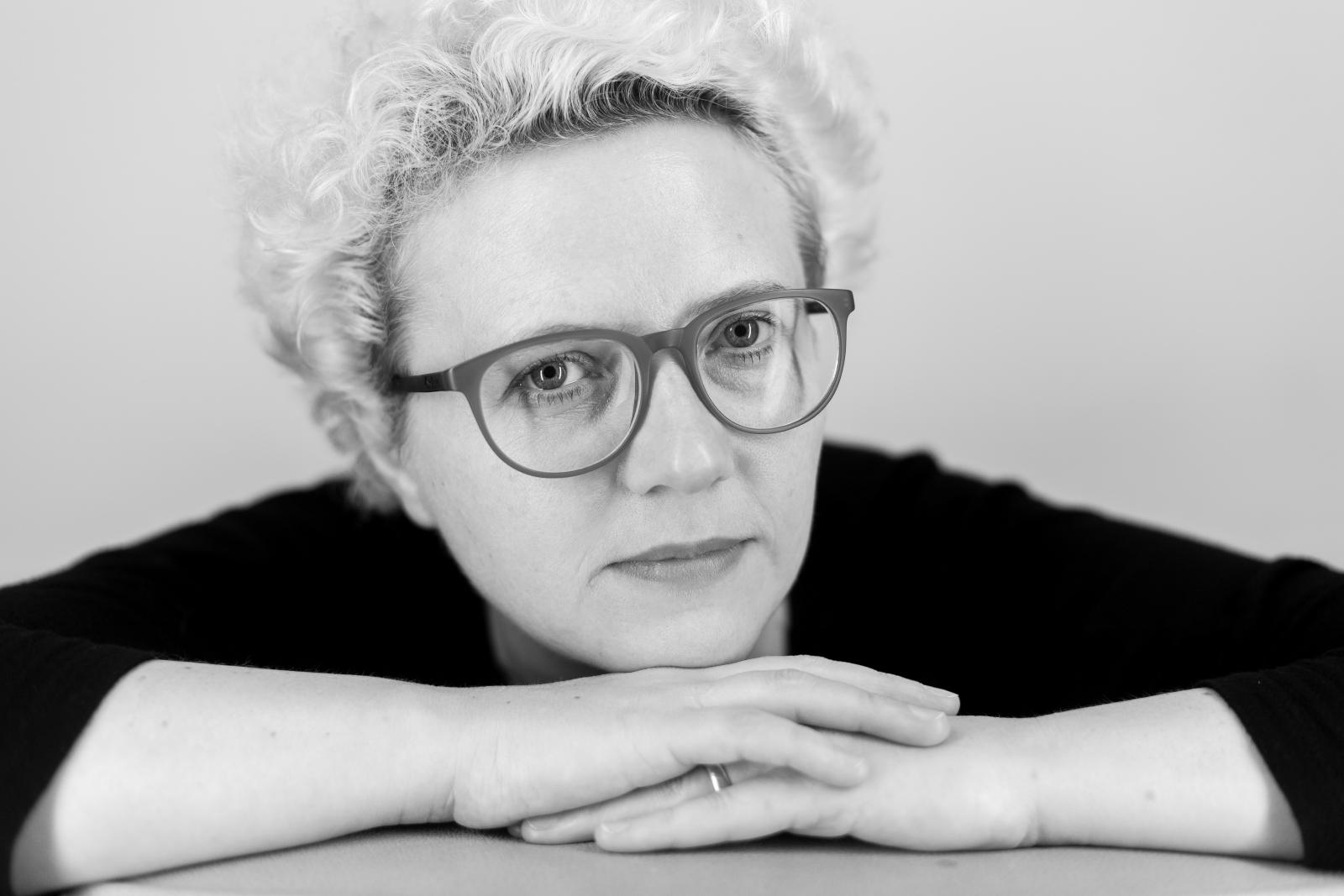
/RO - on the website.png)
